12 March 2025
In today’s world, the issue of school shootings is, unfortunately, a reality that weighs heavily on our society. Every time we hear about another tragic incident, the same haunting questions arise: Could this have been prevented? Were there warning signs we missed? That’s where forensic psychology comes into play. Believe it or not, this branch of psychology may hold the key to identifying potential school shooters before they act.
But how exactly does forensic psychology help in such a crucial task? Let’s take a deep dive into the role of forensic psychology in identifying potential school shooters and whether it can make a difference in preventing these heinous acts.
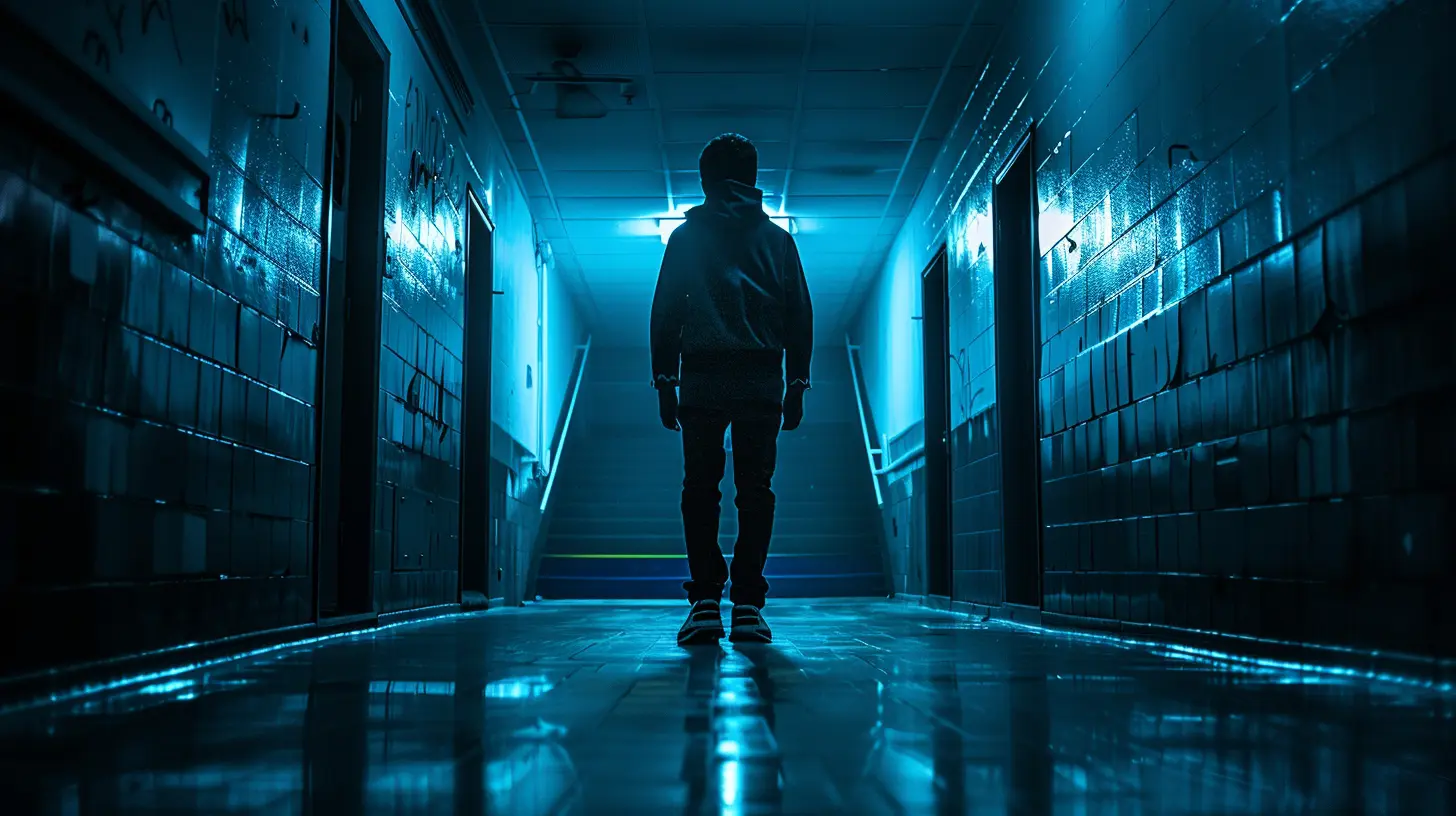
What is Forensic Psychology?
Before we jump into the specifics, let’s clarify what forensic psychology actually is. At its core, forensic psychology blends the study of psychology and the law. Forensic psychologists apply psychological principles to legal issues. They work within the criminal justice system to assess defendants, provide expert testimony, and understand criminal behavior.In the context of school shootings, forensic psychologists work to understand the mindset and behavior of individuals who might be at risk of committing violent acts. They help identify warning signs, assess threats, and work with schools to create preventive strategies.
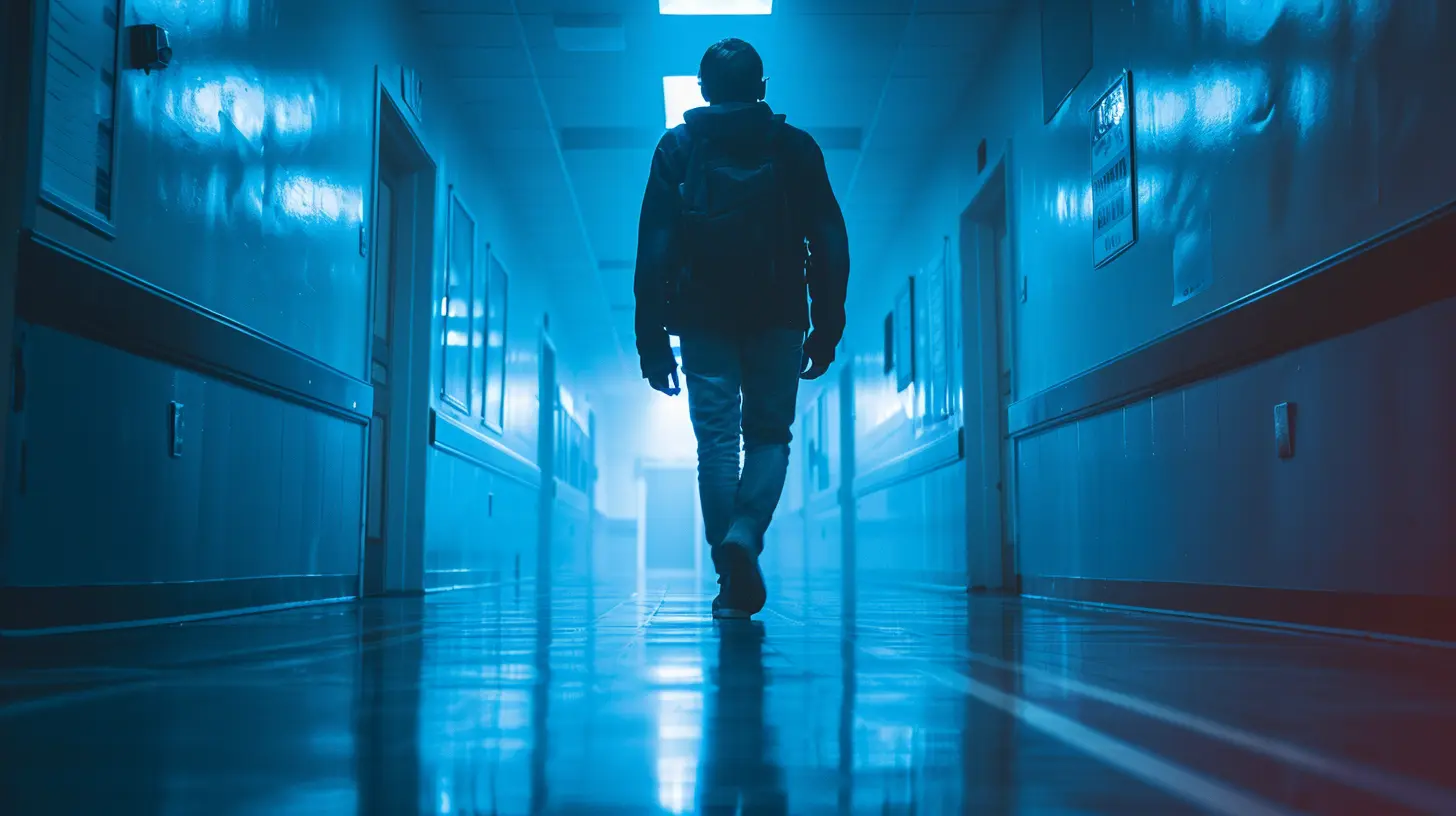
Why Identifying Potential School Shooters is So Challenging
Here’s the hard truth: predicting human behavior is incredibly difficult. People are complex beings. It's not as simple as drawing a straight line from A to B when it comes to understanding who might become violent. You can’t just take a glance at someone and say, "Yep, they’re a future school shooter." Factors like mental health, environmental stressors, and personal experiences all play a role in shaping behavior.That’s where forensic psychology becomes essential. By using a combination of psychological assessments, interviews, and behavioral analysis, forensic psychologists can help paint a clearer picture of who might be at risk. But even then, it’s far from foolproof.
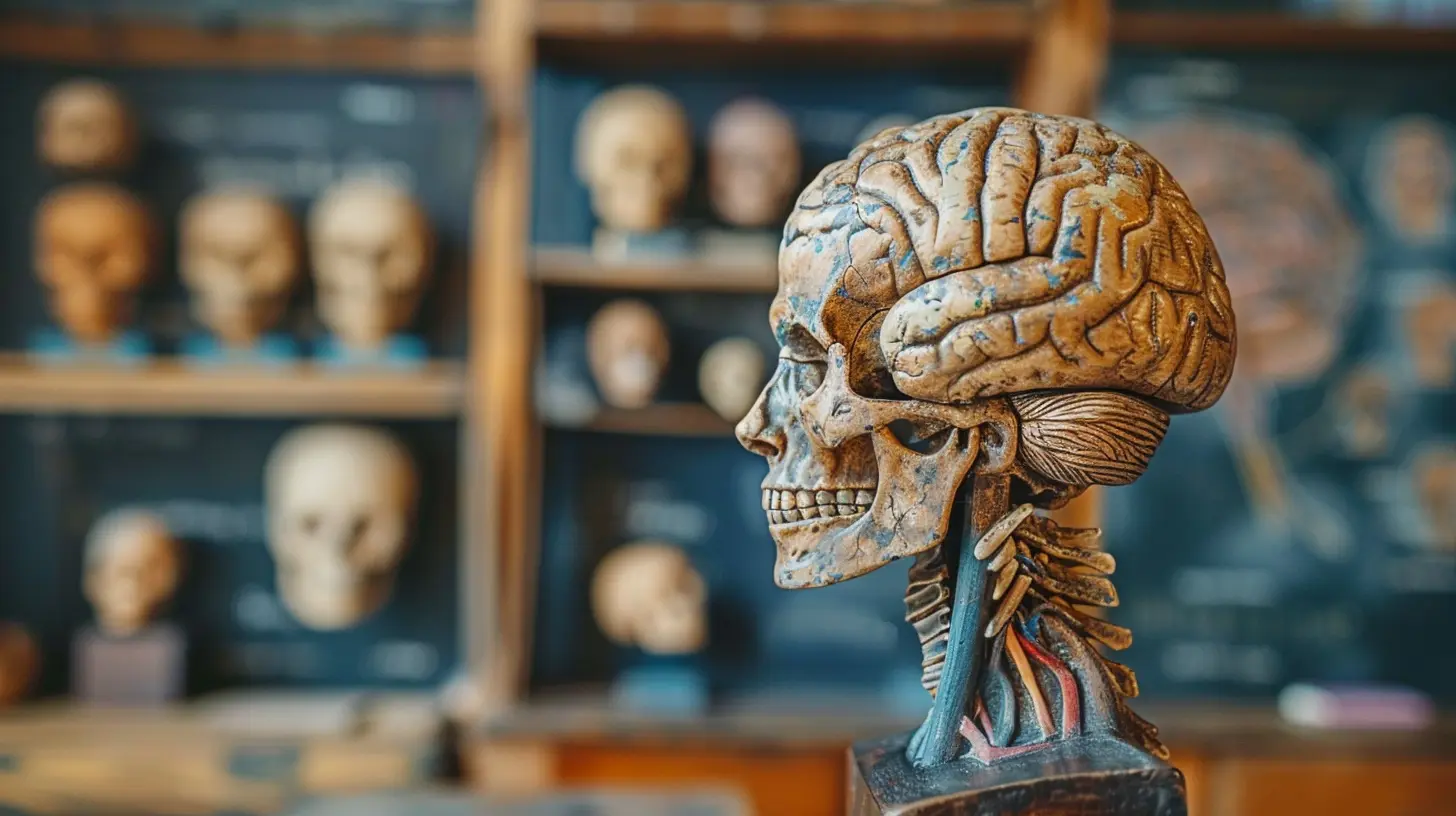
Key Psychological Traits and Warning Signs
So, what exactly do forensic psychologists look for when trying to identify potential school shooters? While there’s no one-size-fits-all profile, certain patterns and traits often emerge. These can include:1. Social Isolation
Many school shooters report feeling socially isolated or marginalized. They often have difficulty forming close relationships and may feel like outsiders in their school community. This isolation can sometimes foster feelings of anger, resentment, or depression.2. Fixation on Violence
Another red flag is a fascination with violence or violent acts. This can manifest in an unhealthy preoccupation with violent video games, movies, or even past school shootings. Forensic psychologists look for whether someone has an intense or obsessive interest in these subjects, as it may indicate a deeper issue.3. Threatening Behavior
This one might seem obvious, but it’s still important: making direct or indirect threats of violence. Whether it’s through social media posts, verbal remarks, or written notes, if a student expresses intent to harm others, it’s a major red flag. Forensic psychologists will often analyze these threats to determine their seriousness.4. Mental Health Issues
Mental health issues, such as depression, anxiety, or personality disorders, are often present in individuals who commit school shootings. However, it’s essential to note that having a mental health condition doesn’t automatically mean someone will become violent. Forensic psychologists look at the broader context of a person’s mental health, including any untreated or escalating symptoms.5. History of Bullying or Being Bullied
Bullying plays a significant role in many school shootings. Some shooters have been the victims of bullying, while others may have exhibited bullying behavior themselves. Both scenarios can contribute to feelings of hostility, anger, or a desire for revenge.6. Narcissism or Grandiosity
Shooters often have an inflated sense of self-importance and believe that their grievances justify extreme actions. This mindset can lead to a desire to "correct" perceived wrongs through violence. They may also crave attention and believe that committing a high-profile act like a school shooting will make them infamous.7. Leakage of Intent
This refers to the phenomenon where potential shooters reveal their plans to others, either directly or indirectly. They might tell a friend about their intentions, leave cryptic social media posts, or talk about violence in a way that hints at their plans. Forensic psychologists pay close attention to any “leakage” as a warning sign.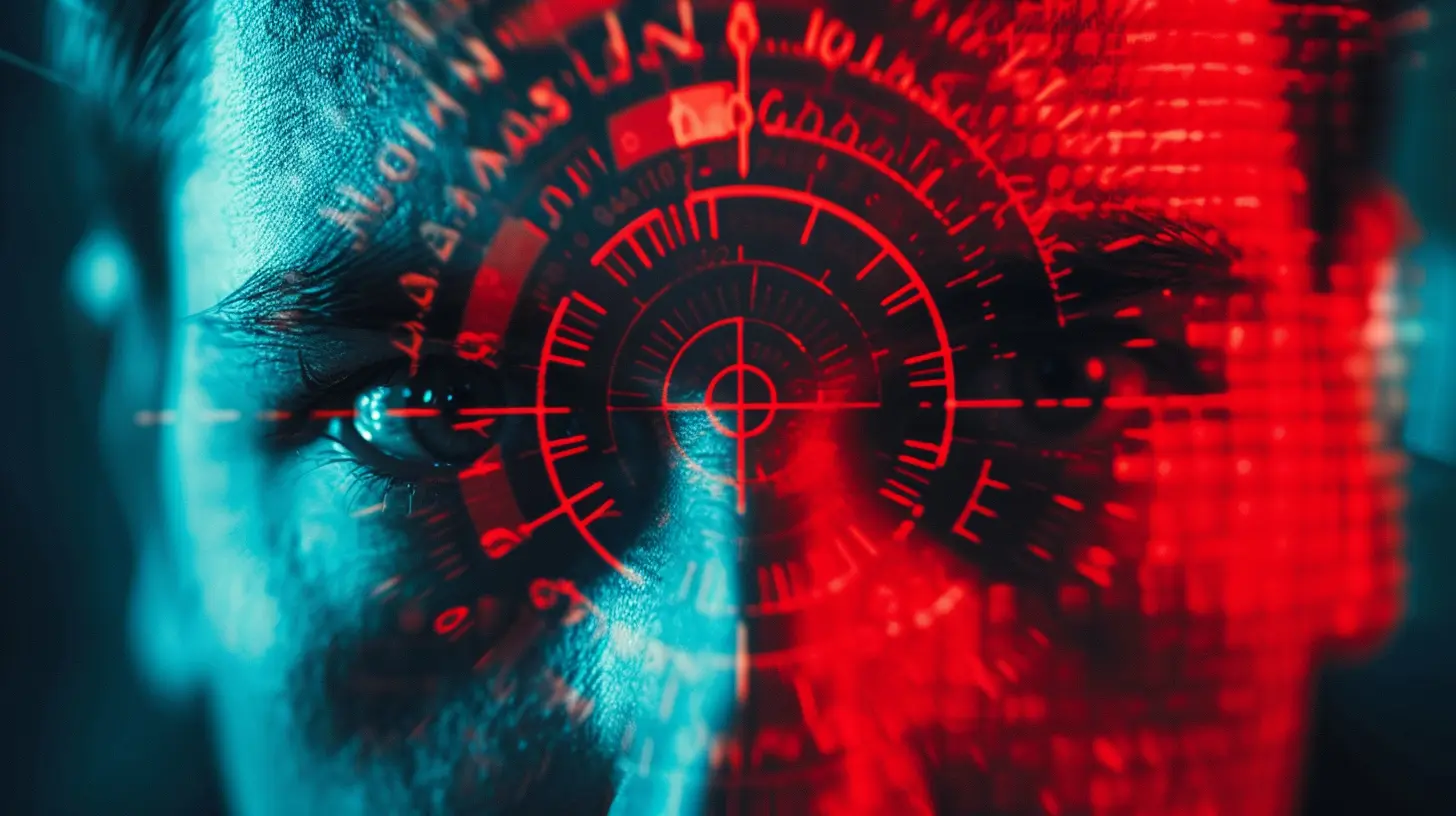
The Role of Threat Assessment Teams
Forensic psychology isn’t a solo act. Schools often have what’s called a Threat Assessment Team (TAT), which is a multidisciplinary group that includes forensic psychologists, school counselors, law enforcement, and administrators. These teams work together to evaluate and manage potential threats.When a student exhibits concerning behavior, the threat assessment team steps in to conduct a full evaluation. The forensic psychologist's job is to assess the individual’s mental state, behavior patterns, and risk factors, while others on the team gather additional information from teachers, peers, and family members.
The goal isn’t to label or punish the student but to intervene in a way that prevents violence—whether that means getting them mental health support, addressing bullying issues, or implementing other preventive measures.
Can We Really Predict School Shooters?
Now, here’s a question that’s probably on your mind: Can forensic psychology really predict who will become a school shooter?The answer is... yes and no.
Forensic psychology can certainly help identify individuals who are at a higher risk of committing violent acts, but it’s not a crystal ball. There’s no magical formula that can 100% predict who will act out in violence and who won’t. Humans are unpredictable, and many factors, like life events or sudden changes in mental health, can influence behavior.
However, the work of forensic psychologists can definitely reduce the risk by identifying potential warning signs and intervening early. It’s about managing risk, not eliminating it entirely.
The Importance of Early Intervention
A key takeaway here is the importance of early intervention. The sooner a potential issue is identified, the better the chances of preventing a violent outcome. Schools that implement comprehensive threat assessment programs and have mental health resources in place are more likely to catch problems before they escalate.Intervention might involve providing counseling, offering peer support programs, or involving parents in addressing behavioral issues. The goal is to address the underlying causes—whether that’s mental health struggles, bullying, or social isolation—before they lead to violence.
The Ethical Dilemma: Profiling vs. Prevention
Here’s where things get tricky. There’s a fine line between using forensic psychology to identify potential threats and unfairly profiling students. Nobody wants to create an environment where students feel like they’re under constant surveillance or are unjustly labeled as dangerous. That would only add to the stress and anxiety many students already face.Forensic psychologists, along with threat assessment teams, must walk a tightrope. They need to focus on behavior and patterns rather than making assumptions based on race, gender, or socioeconomic status. The goal should always be prevention, not punishment.
The Role of the Community
One thing we can’t ignore is the role of the broader community in preventing school shootings. Forensic psychologists, threat assessment teams, and school administrators can’t do it alone. Everyone—teachers, parents, students—needs to be involved in creating a safe school environment.Encouraging students to speak up when they see something concerning is crucial. Many school shootings have been thwarted because someone reported suspicious behavior or threats. It’s the classic “if you see something, say something” approach.
Creating a Culture of Support
Building a culture of kindness and empathy can go a long way in preventing school shootings. When students feel connected, supported, and valued, they’re less likely to turn to violence. Schools that prioritize mental health, encourage peer support, and actively work to reduce bullying are creating a safer environment for everyone.Conclusion: Forensic Psychology’s Role in Saving Lives
While forensic psychology isn’t a perfect solution, it plays a critical role in identifying potential school shooters and preventing violence. By understanding the psychological traits and warning signs of individuals at risk, forensic psychologists can help schools implement effective threat assessment programs and early intervention strategies.It’s a tough job, but every life saved is worth the effort. In the end, the goal is to create an environment where students feel safe, supported, and heard—because that’s the real key to preventing future tragedies.



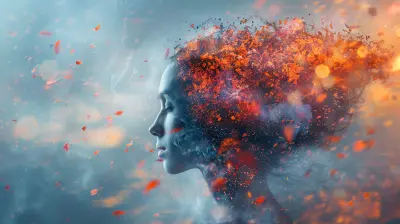


Petra Bishop
This article raises fascinating questions about the intersection of psychology and safety. How can we better understand behavioral indicators, and what ethical implications arise in this context?
March 27, 2025 at 4:13 AM